main navigation start
Toggle navigation
- Resources
- Search
main content start
Search Filters
Sharex Sites List
Language
Topics
Topics
- Accountability (3)
- Adolescents (36)
- Birth Registration (1)
- Breastfeeding (20)
- Cash Transfer (2)
- Child and youth participation (13)
- Child Health (234)
- Child labour (4)
- Child marriage (18)
- Child Poverty (10)
- Child Protection (49)
- Children in alternative care (5)
- Child Rights (17)
- Climate, Energy and Environment (46)
- Community engagement (89)
- Convention on Child Rights (2)
- COVID-19 (122)
- Data/Evidence (114)
- Disability (95)
- Disaster Risk Reduction (14)
- Discrimination (2)
- Early Childhood Development (55)
- Education (28)
- Emergency Response (2)
- Female genital mutilation (25)
- Gender (49)
- Gender Based Violence (17)
- HIV/AIDS (41)
- Humanitarian Response (10)
- Immunization (131)
- Infant and Young Child Nutrition (18)
- Innovation (35)
- Justice for children (4)
- Knowledge Exchange and Sharing (34)
- Knowledge Management (41)
- Legal identity (3)
- Maternal Health (55)
- Mental Health (26)
- Migrant and displaced children (12)
- Migration (10)
- Newborn Health (60)
- (-) Nutrition (156)
- Online protection (1)
- Partnerships (8)
- Peacebuilding (2)
- Polio (6)
- Poverty (1)
- Psycosocial support (7)
- Sexual exploitation and abuse (11)
- Sexual Violence (9)
- Social Behaviour Change (58)
- Social Policy (20)
- Social Protection (15)
- Social service workforce (81)
- Sustainable Development Goals (8)
- Technology for Development (13)
- UNICEF Programming (37)
- UN Water Conference (6)
- Urban (8)
- Violence against children and women (15)
- Violence in schools (2)
- Water. Sanitation and Hygiene (194)
Resource Type
Document Type
- Academic journal articles (including pre-print submissions) (17)
- Agreements (0)
- Case studies, lessons learned, field notes (4)
- Corporate reporting (0)
- Data set (0)
- Evaluations (1)
- Forms and templates (0)
- Guidelines/SOPs/checklists (13)
- Human Interest Stories (5)
- Major publication (flagship, advocacy etc.) (4)
- Meeting documents and reports (0)
- Mobile Application (1)
- Monitoring reports (2)
- Newsletters (24)
- None (6)
- Online learning/e-learning course (1)
- Other technical publications and reports (3)
- Policy brief/briefing notes/fact sheets/FAQs (4)
- Posters, brochures, pamphlets, flyers (1)
- Presentation (1)
- Research report (18)
- Situation analyses (0)
- Situation reports (1)
- Speeches and Statements (0)
- Staff working paper/discussion paper (6)
- Strategies and Frameworks (3)
- Systematic reviews, knowledge mappings, evidence synthesis (1)
- Technical note (12)
- Toolkit/Toolbox (9)
- Training materials (18)
- Video (1)
Country
Published Date Range
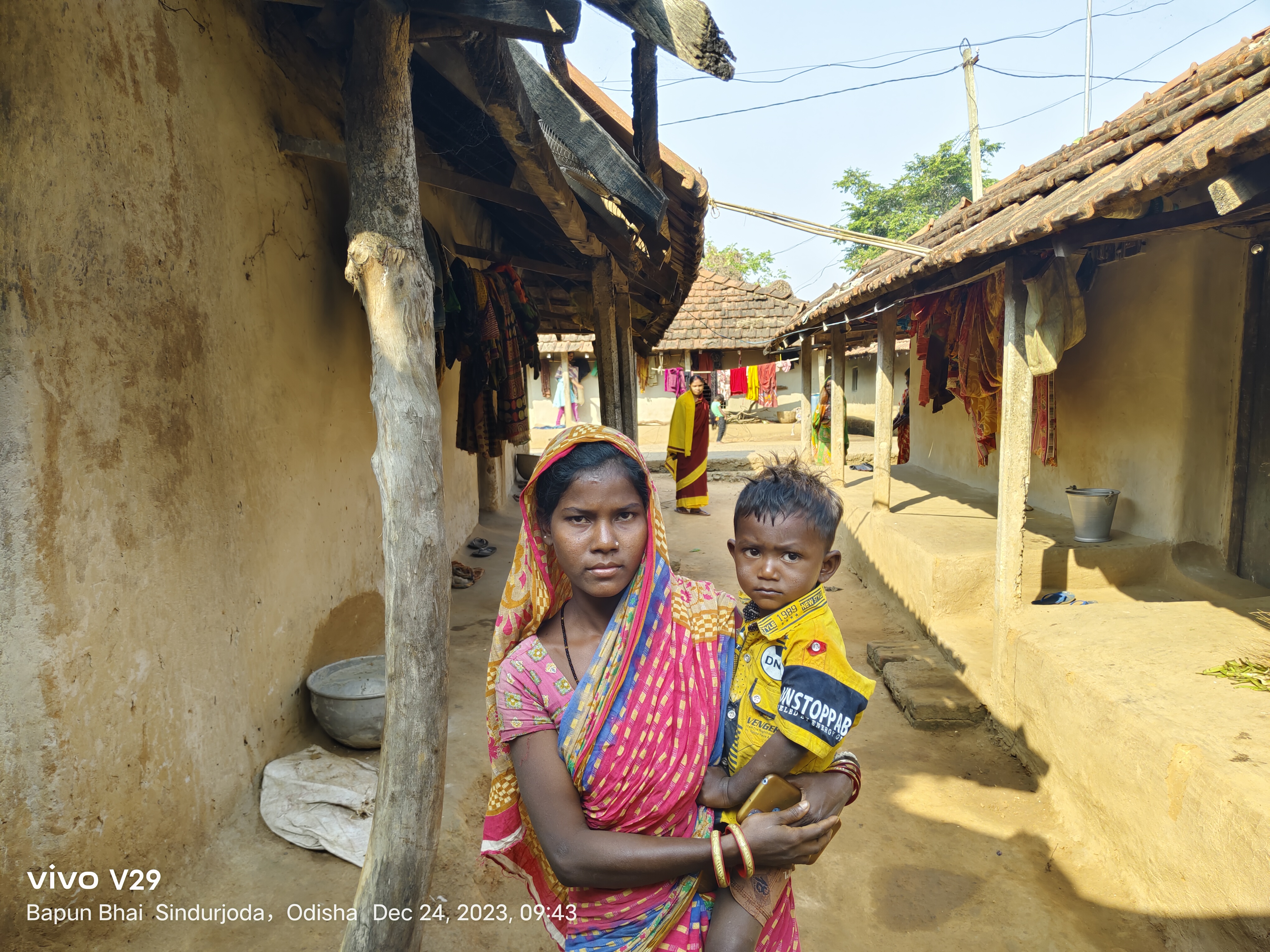
Human Interest Stories
For 22-year-old Binata Mallik, mother of four young children, providing adequate care and nutrition for her children and taking care of her own nutritional needs, has been an uphill battle. Married as...
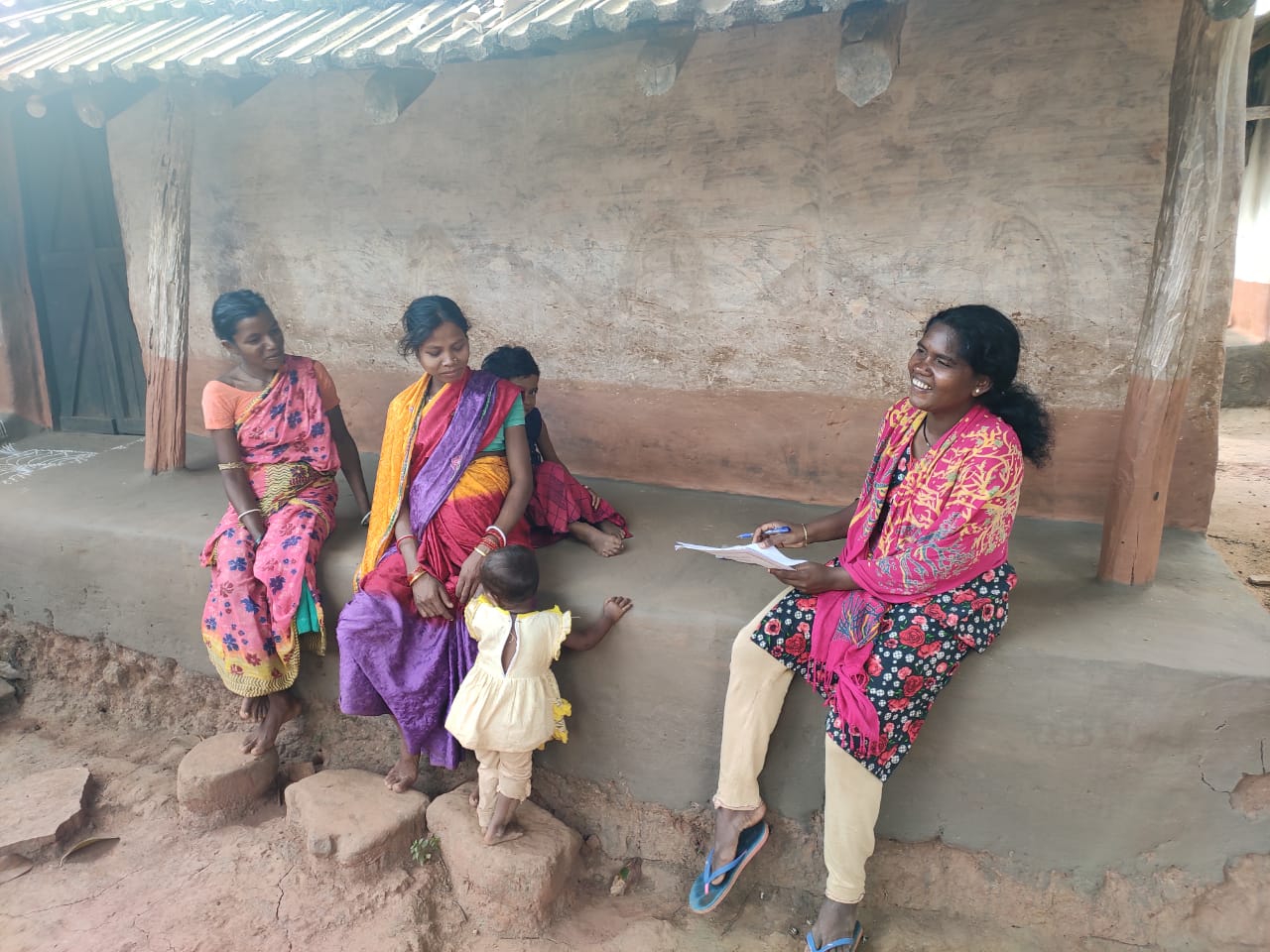
Human Interest Stories
Sumitra Juanga, at the tender age of sixteen, holds wisdom, strength and resolve in her spirit that is way beyond her years. She is the reason why many women and adolescent girls in her village of Tal...
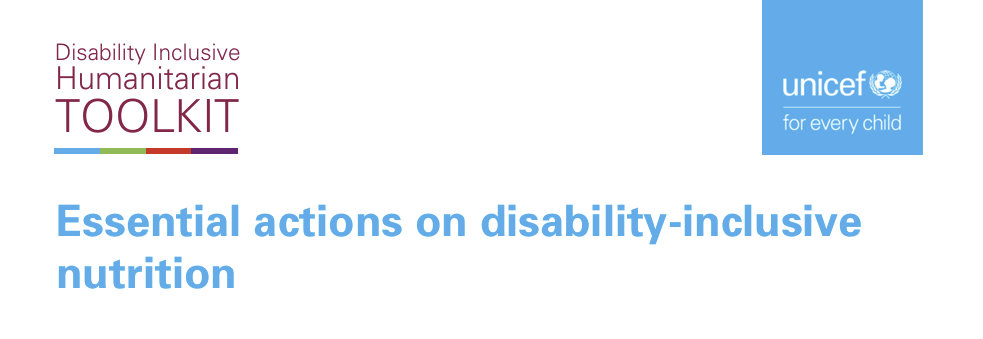
Guidelines/SOPs/checklists
This checklist is a companion to UNICEF’s Guidance on Including Children with Disabilities in Humanitarian Action: Nutrition. It provides a package of essential actions required to ensure disability-i...
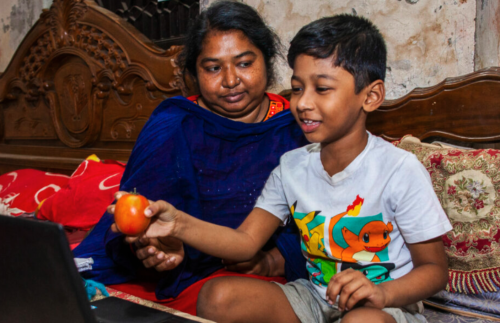
Training materials
This resource library compiles the videos and booklets that Stichting Niketan has developed to equip caregivers with the necessary skills to support children with disabilities, including their feeding...
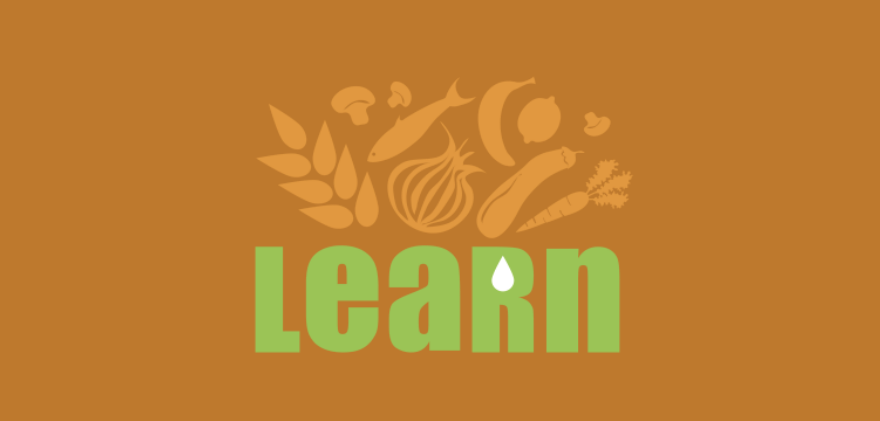
Training materials
This module supports the integration of disability inclusion into nutrition programming by providing information on the nutritional concerns of children with disabilities. It covers topics such as the...
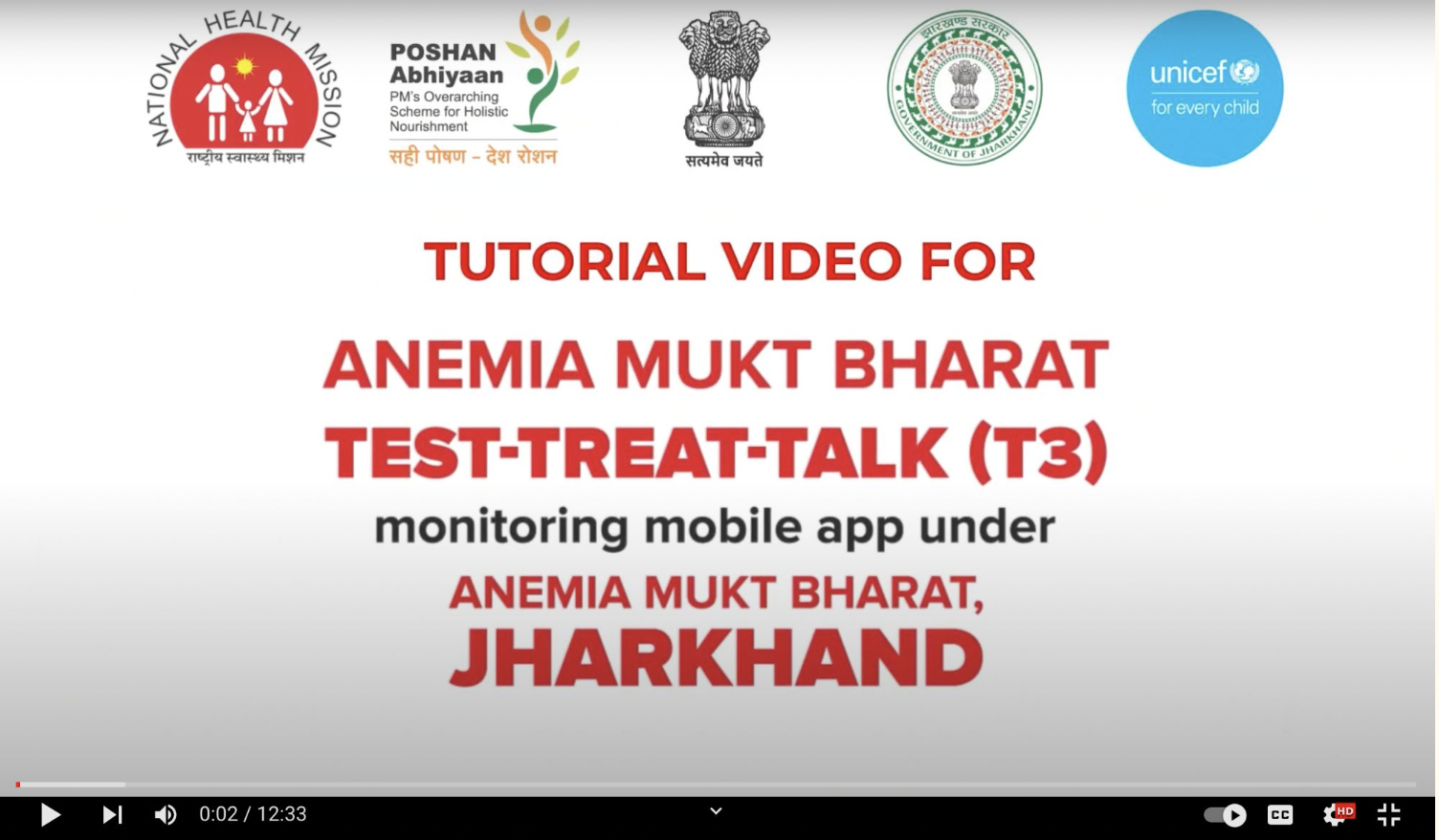
Newsletters
Digital technologies have advanced more rapidly than any innovation in human history – a moment of change which presents new opportunities to solve problems. Reaching around 50 per cent of the develop...

Strategies and Frameworks
The document is a strategic guidance note for WASH-Nutrition programs in West and Central Africa, developed by UNICEF and partners. It builds on previous strategies and reflects collaborative work fro...

Newsletters
While working together in our joint endeavor towards a well-nourished India, we must ensure that our programmes are equitable. The causal framework of malnutrition recognises that, in addition to adeq...

Newsletters
Under the leadership of the national government of India, Anemia Mukt Bharat (AMB) was launched in 2018. Since then, state and district administrative bodies have been playing a pivotal role in implem...

